All about hypnosis...
Psychologists characterize trance as an altered state of consciousness. However, recent studies show that we are often in a hypnotic state than in the awake state.
1. Life itself
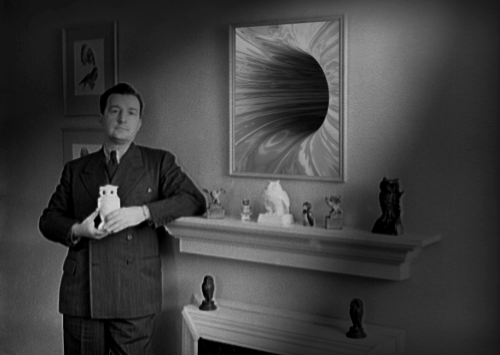
Oddly enough, but we are in a hypnotic state for quite a long time of his life. Sotoyanie of trance is the change of the functional state of the Central nervous system for receiving and processing all types of information. According to the doctor of medical Sciences Professor Edward Kastrubin, even we are often in a hypnotic state than in wakefulness. Our brain is immersed in a trance, which is characterized by the activity of alpha waves (frequency 8-14 Hz) and theta waves (4-7 Hertz) several times per hour.
Such activity is vital to building, testing and strengthening of associative links, to review the internal systems of the body and repair.
In moderate doses are even helpful, but in people with a pronounced excess of alpha and theta brainwave, activate can be increased anxiety, dysfunction of attention, seasonal effectivene disorders, chronic fatigue and depression.
2. Meeting with Roma
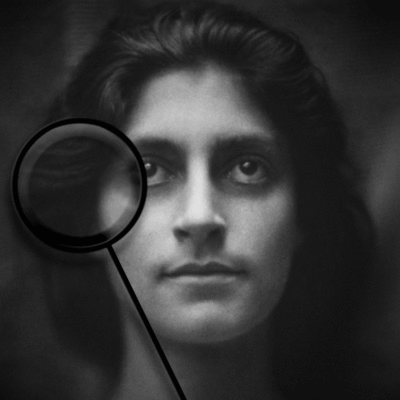
Gypsy hypnosis – a typical example of neurolinguistic programming. Nothing mysterious and even more frightening in it. Most importantly, what does any hypnotist of obtaining the so-called rapport – control contact. The technique of the Gypsy hypnosis is based on mind control via attention, so the first thing the hypnotist is trying to switch your external attention to internal.
Psychologist Sergei Zelinsky in their work on Gypsy hypnosis emphasizes: "Gypsies know well the phenomenology of deep trance, so if you notice a symptom of some phenomenon, then immediately contribute to its development, thus plunging the client into a deeper state of trance."
Anyhow to whom Gypsies are not suitable. They have well-developed intuition and easily stand out from the crowd of people with a high level of hypnosis ability – that is, a predisposition to suggestion. Traditionally, the hypnosis occurs in areas with large concentrations of people. Again, this is part of the ritual - a person's attention in the crowd absently. Traditional markets and shops, there are places where a person deliberately comes with a money and in a state of psychological imbalance (Shopaholic is one of the signs of hypnosis ability).
The art of Gypsy hypnosis is passed on from generation to generation. He taught through words and empirically. Every Gypsy hypnotist is a great psychologist, by long practice has developed a tactile, visual, auditory, even olfactory perception. Any human movement, even micro movements, like blinking or facial muscles are anything to go by. And Gypsies know about.
3. Watching TV
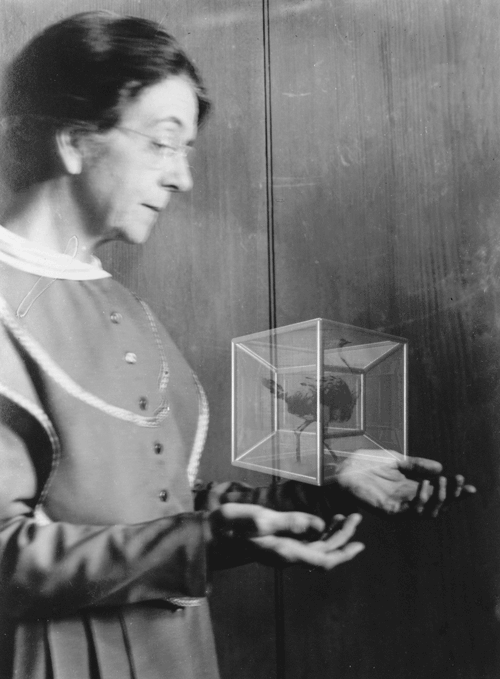
Yes, it is this: when we sit long time in front of the TV, our brain is in a trance. It is well understood by those who are engaged in the production of TV content and advertising.
Not for nothing do they say that TV "brainwash" the viewer, and the TV is called the "idiot box".
For viewer characteristic of virtually all the signs of a person in a trance. First, the narrowing of the focus of attention, and secondly, the deletion of a part of external information, third, complacency, fourth, reluctance to move, fifth, distortion of time perception.
Finally, the man stopped in front of the TV look, and his consciousness Napoli the internal images and illusions.
4. Surfing the net
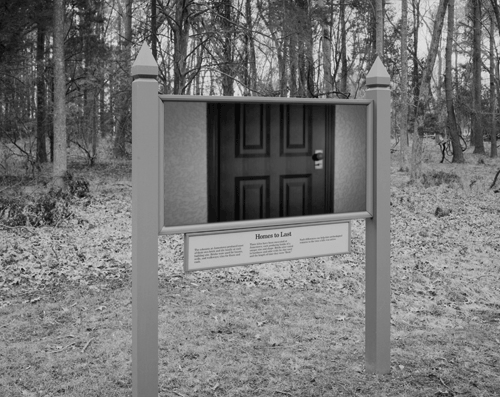
For anybody not a secret that seemingly harmless Internet-surfing can easily "kill" several hours of time when zero efficiency at the output. Modern psychologists are much concerned about this issue. Surfing the web can not only lead to procrastination (putting things off for later), but more serious systemic violations of the human psyche.
Psychiatrist Sergei Vygonskiy believes that society is still not fully aware of the impact of the Internet on its development.
In one interview he said, "For Internet users characterized by a distorted perception of their own physical body. In addition, it was found that these people there are a lot of emotional problems — instability, depression and loneliness, which experienced very serious". Compounding the situation is the fact that while sitting at the computer the person is literally in a light trance state, and sometimes the brain completely goes into "sleep mode". In this state the man is very GINABELLE, so often doing that in a conscious state to do would not.
5. Meditation

Meditation causes changes in the activity of the human brain, correcting his biorhythms. For meditative States and trance States, a characteristic alpha waves (frequency 8-14 Hz) and theta waves (4-7 Hertz). If in the normal state the brain biorhythms represent a chaotic pattern of waves, the meditation makes them move evenly.
The charts show that in all parts of the skull reigns uniformity of frequencies and amplitudes. In 2005, Massachusetts General hospital Boston scientists using MRI track all the changes in the brain of meditators. They selected 15 people with experience of meditation and 15 people have never practiced meditation.
After analyzing a vast array of information, researchers have concluded that meditation increases the thickness of those divisions of the cerebral cortex responsible for attention, memory and sensory information processing. "You train the brain during meditation, so he is growing", – commented the results of the study leader Sara Lazar.
Researchers from Yale University also noted that meditation can act as an effective prophylactic of a number of neuropsychiatric disorders.
Scientists using MRI monitored the brain activity of several volunteers. Their conclusion is that meditation slows down the work of the neural network of the brain responsible for consciousness and self-awareness that protects the psyche from excessive immersion into the wilds of the self". It is the "withdrawal" characteristic of such mental disorders as autism and schizophrenia.
6. The drowsiness
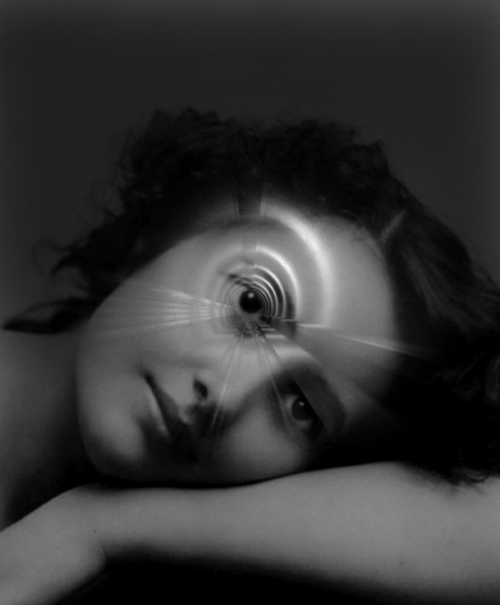
What in drowsiness, in the boundary condition, when the brain moved from bodrstvovaniya in the sleep state can come with brilliant ideas people have noticed long ago. So, Salvador Dali used to fall asleep with a heavy key in his hand. When the artist fell asleep, and the key was dropped at who was standing at the bottom of the plate and Wake are Given. Spanish surrealist assured that IMT image came to him of a brilliant idea.
Before Given a similar method was used by inventor Thomas Edison. He usually sat in a comfortable chair, dangling his hands at his sides, and holding in each a large bearing.
Edison began to doze off, but only really fell asleep, his hands weakened, releasing the contents, and thunder falling on the wooden floor woke his bearings.
Plunging into sleep and leaving it thus, he found that in that half asleep state, was able to come up with and remember any great ideas. An intermediate state between when the whole brain is awake and when the whole brain is already asleep, incredibly effectively as a catalyst of creative ideas.
From the latest scientific papers on this subject we can recall the book by neuroscientist Jack Lewis "the Brain: a Short guide".
I struggle a lot with a basic internet addiction, I've had to use chrome plugins to restrict my access to websites so i can get work done.
very nice
Sorry, but "trance" and "hypnotic state" are two quite different things. Sure, when you are in an "hypnotic state", you're in a trance but not vice versa.
"Trance" and "hypnotic state" are different things, but you don't need to be in a trance to be in hypnosis either. NLP is a form of hypnosis that doesn't use trance for example. Hypnosis just requires a bypassing of the critical factor of the conscious mind and the establishment of selective thinking.
Super post
A fantastic post!
As a hypnotherapist I agree with much of this and thank you for sharing. The only point of alternate opinion has already been stated in other comments, so I need not be redundant, but I am grateful for your time in sharing this 😀